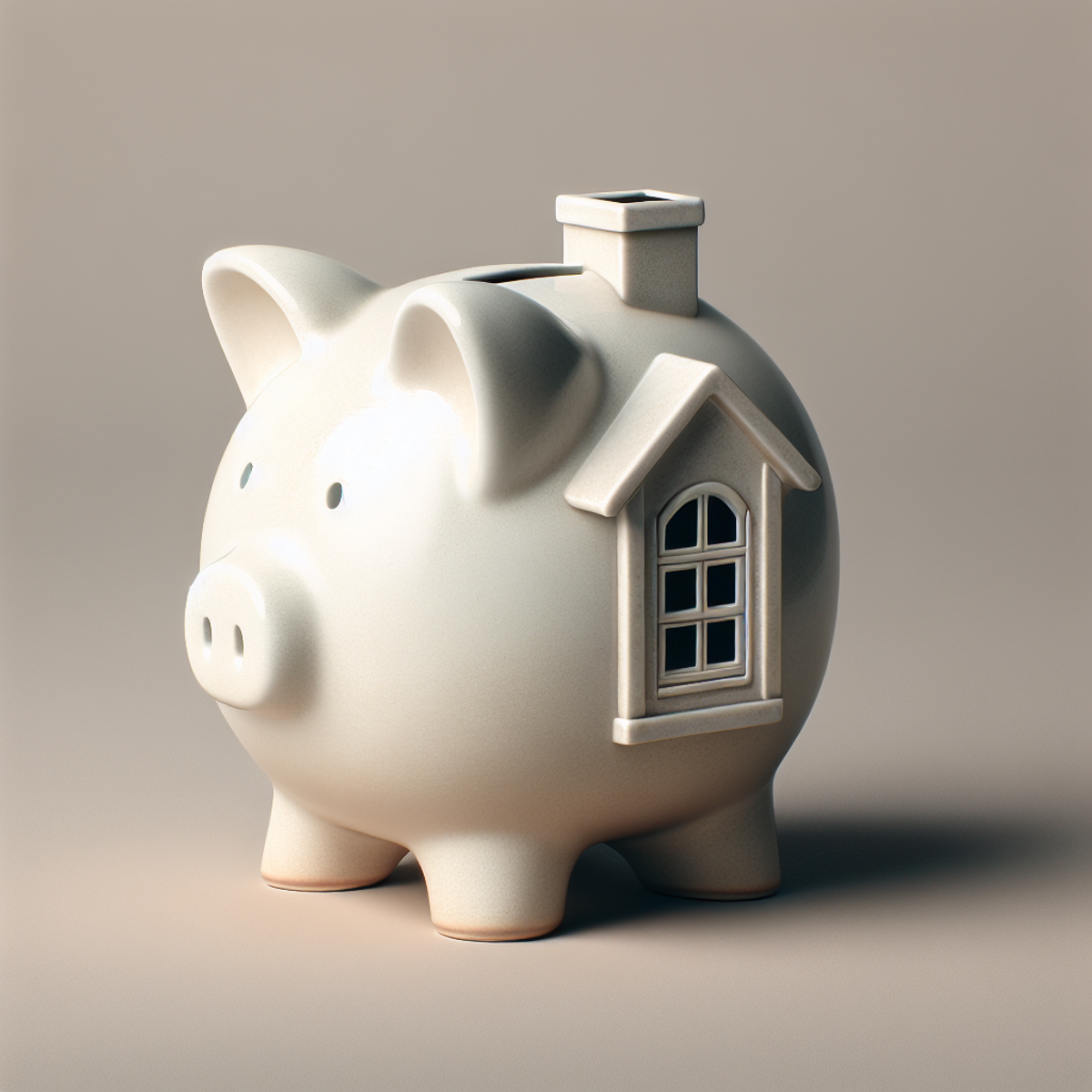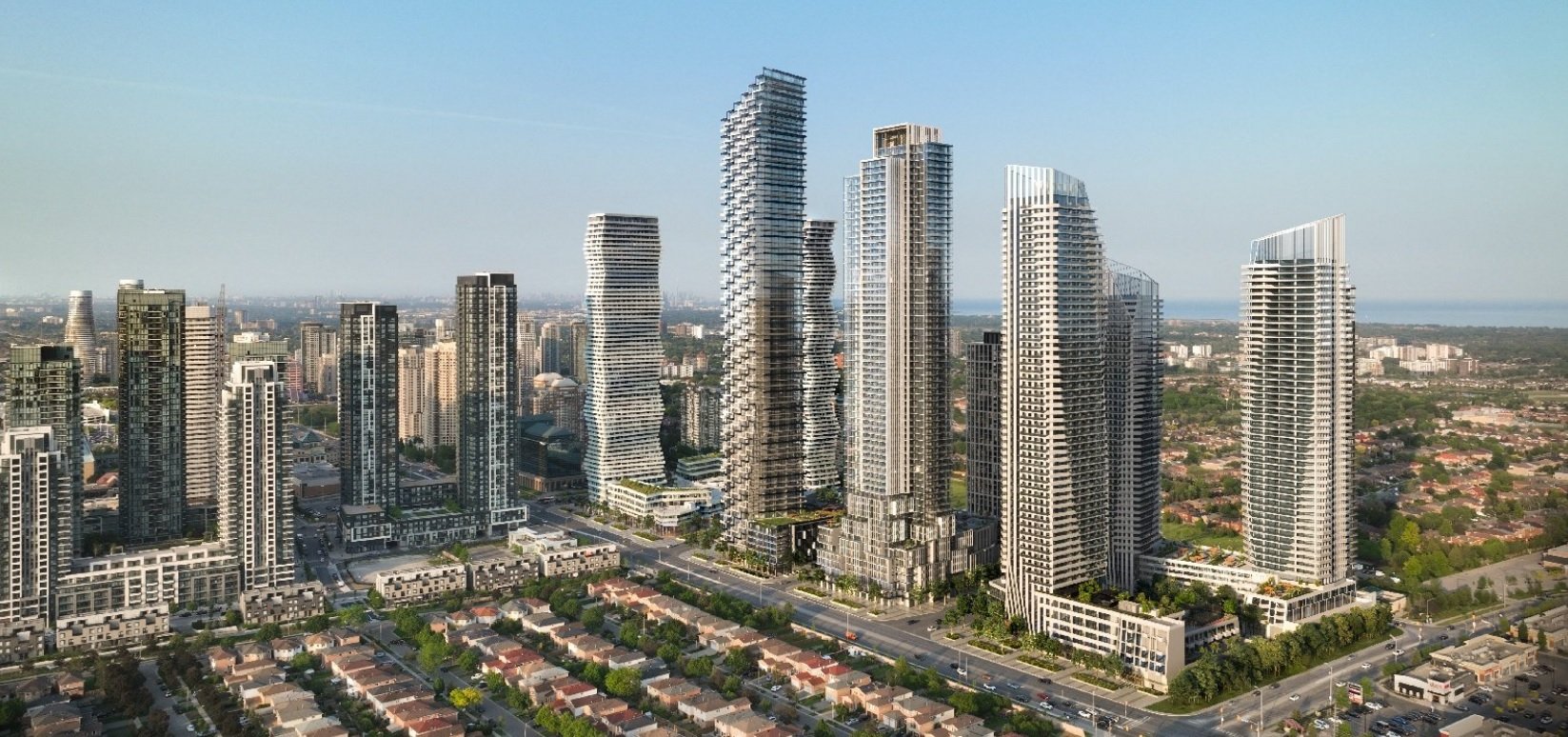Buying a condo, a house or other types of real estate properties are unlike any other purchase. It requires a lot of paperwork and legalities. And because of the sale price involved, buying a home is also financially challenging and confusing. Here are some of the most common financial terms and phrases relevant to buying a condo or a house in Toronto.
- Getting Pre-Approved. Getting pre-approved is not a requirement but is a significant component to buying a condo or a house in Toronto. Getting pre-approved means your financial standing has been reviewed and approved eligible for real estate purchase by a verified financial adviser or lender. In the event of multiple offers, the seller will naturally choose buyers who are pre-approved. However, a pre-approval is not a guarantee that the lender will also approve of the purchase as the home may not be an acceptable choice for them.
- The Financing Condition. This is one of the conditions of sale. In essence, the buyer guarantees the sale only if his/her mortgage financing application goes through. This condition also gives the buyer time to process the financing. The buyer can waive this condition, but, if he fails to secure financing, he/she will be forced to retract the offer, and this could mean penalties and forfeiture of the deposit made. Unless you are paying cash, it is advised to use the financing condition.
- Bridge Financing. A bridge financing is important if you are buying and selling your house at the same time. This will help you mitigate the expenses and costs of moving. It is very rare that you will be able to sell your home and buy and be able to move into the new one at the same time you are to move out from the old one. When your home is sold before you are able to buy a new one, you would need cash to pay for your transient residence. And if you found and move into a new home before the old one is sold, you will need money for the deposit and other immediate costs of buying a home. Bridge financing provides the seller with the convenience of buying first.
- The Deposit. The deposit is a small portion, usually from 5% to 20% of the sale price, payable upfront or within a day or two after the offer is accepted. The deposit is held in trust by the seller’s realtor office. It is returned to the buyer if the offer falls through or if it is retracted, provided all conditions are met. Home sellers will naturally prefer buyers with higher deposits.
- Mortgage Loan Insurance. If the deposit is less than 20% of the contract price, the lender might require the buyer to get a mortgage loan insurance. This is also a government requirement designed to protect lenders against loan defaults. Mortgage loan insurance is added to the mortgage amount and is an additional cost to buying a condo or a house.
- Mortgage and Amortization. The mortgage amount is the amount that the buyer will be borrowing from the lender and is computed as the contract price less the deposit. The terms of the mortgage including the interest rate, type, repayment terms and amounts will be specific to the buyer. The same buyer can also get different mortgage terms from different lenders.
- Mortgage Rates. This is the cost of borrowing money and there are several factors affect the mortgage rate. The most relevant factors include the national state of its economy, the borrower’s credit score and history and the lender’s business discretion. While national inflation and the economy are hardly controllable by individual citizens, the borrower can always build and maintain a favourable credit score and history. As soon as buying a condo or a house is seriously considered, buyers are encouraged to shop around to find the lender or mortgage broker who can provide the best and most agreeable mortgage rates and terms.




